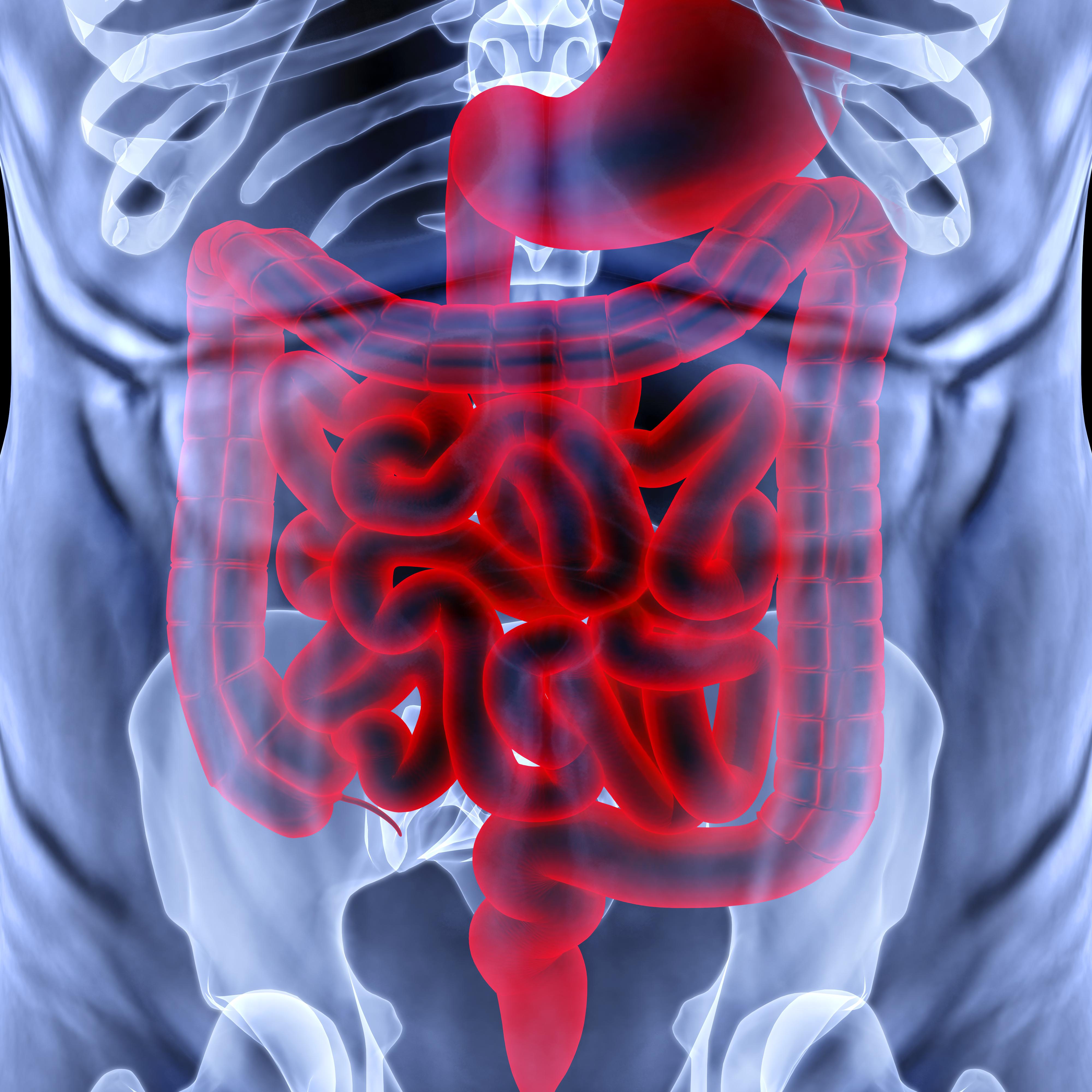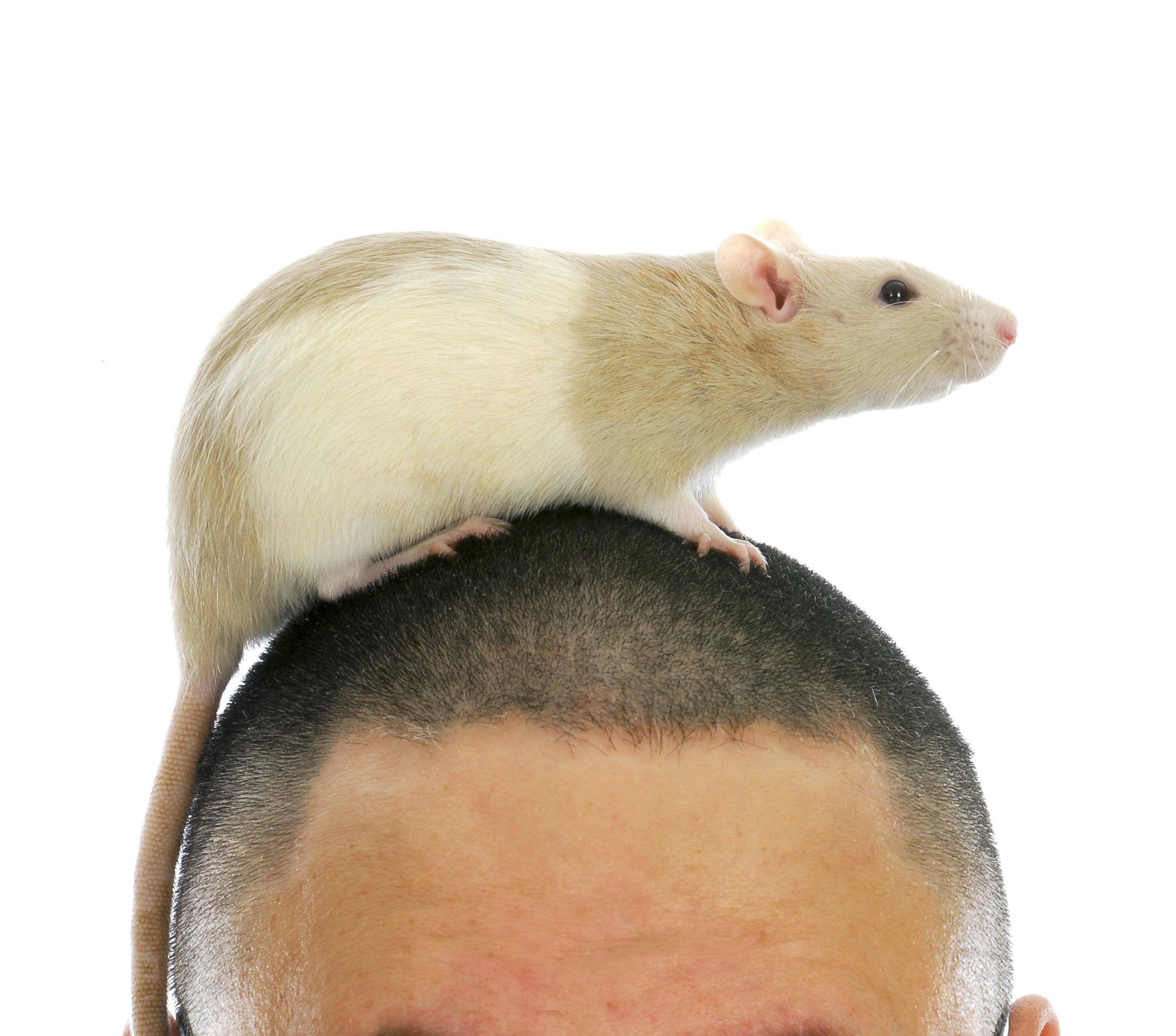Surprising Science
All Stories
If there were a widespread disease that similarly deprived people of a third of their conscious lives, the search for a cure would be lavishly funded. Sleep researchers may be closing in.
Diets high in red meat are associated with an increased risk for heart disease, but the usual suspect (cholesterol) has been proven innocent (or not entirely guilty) in several recent studies.
A team of German researchers who wanted to find out of if certain noises help humans sleep better designed an experiment to track individuals’ sleep patterns while they listened to certain sounds.
Adolescent obesity rates would benefit from more adolescent sleep, with the heaviest individuals benefiting the most. Each hour of extra sleep resulted in a reduction of body mass index.
The clumsily-named (by one exec’s own admission) Inactive Account Manager will take action on a user’s Google footprint if they haven’t logged in within a specified period of time.
Coming to a highway near you, sometime in the next decade: Large trucks, traveling single-file, separated from each other by a mere few meters, controlled only by the driver in front.
According to a new study published in this week’s Nature, icy particles inside the rings erode into the upper atmosphere and eventually form rain water that falls on parts of the planet.
Scientists are getting closer to understanding how “dark lightning” produces bursts of gamma rays that may come in contact with a plane’s passengers and crew.
According to a new study, the frequency and intensity of clear-air turbulence affecting transatlantic flights will increase significantly by 2050…and yes, we do have climate change to thank for it.
As autonomous cars slowly move closer to reality, designers from different disciplines are looking at how they will change the rules of the road, as well as the road itself.
The Belgian founder of five clinics says the poor are most acutely affected by pain and as a result are the ideal candidates for “humanitarian acupuncture.”
In America, brain games have become a multi-million dollar industry that has infiltrated schools and nursing homes, but a new meta-study of their effects throws big assumptions into question.
Recent advances in brain-computer interfaces, which may facilitate brain-brain communication, raise the specter of comic book heroes who effortlessly “talk” to each other without talking at all.
Scientists have identified a set of stem cells capable of generating new neurons in the brain which regulate appetite, overturning the idea that one’s desire for food was fixed by genetics for a lifetime.
Researchers at Harvard Medical School, Boston, have successfully connected the minds of humans and rats such that the movement of the rats’ tails can be controlled by human thought.
Researchers at the Swiss Federal Institute of Technology in Zurich have discovered that individuals’ exhalations are as unique as their fingerprints, opening new avenues for medical diagnoses.
The nocebo effect, in which patients experience adverse health consequences because they are susceptible to suggestion, has caused an increasingly large number of people to fear Wi-Fi signals.
A British company wants to bring the cooking pot, an essential tool that has remained basically unmodified for hundreds, if not thousands of years, into the present using smart technology.
The lives of Americans aren’t slowing down, but as the national obesity epidemic has captured the media spotlight, mounting public concern has emerged over what we put into our bodies at mealtime.
Mobile phone technology built into the bracelet can send alerts if the worker is in trouble. Additionally, people can sign up to keep watch over individual workers through social media.
A paper published Thursday describes the use of carbon dating to determine the precise age of plants uncovered beneath a retreating Peruvian ice sheet at different points in time. The results demonstrate the speed at which the sheet is disappearing.
Survey data from a new report indicates that 48 percent of unmarried women between ages 15-44 live with a significant other, a 13 percent jump from 1995. Such couples are also staying together longer before either marrying or breaking up.
Helmet cams are great when they’re not going through the smoke and haze typically associated with burning buildings. Sensors built into this helmet warn its wearer of objects through vibrations.
Created by engineering students, the Society Harnessing Equipment (SHE) will literally “shock” an assailant and send a text message alert to authorities or family.
The discovery, announced by NASA on Wednesday, is encouraging but still needs to be corroborated. That’s the job of scientists who are conducting experiments deep beneath the Earth’s surface.
The hagfish produces a substance that consists of very thin, strong and stretchy fibers. Scientists believe lab-created simulations could eventually be woven into thin and flexible garments, and provide a sustainable alternative to synthetic fabrics.
Twelve years after the passage of a law that treats possession of small amounts as a misdemeanor, doctors from opposing sides evaluate the results on Portuguese society.
Presumably rain, sleet, etc. are non-entities: If all goes well, Auvergne residents could begin receiving mail from their friendly neighborhood Parrot quadricopter as soon as next month.
It’s only got 125 residents, and benefits from a lot of financial inflow, but the tiny hamlet of Feldheim is demonstrating how its success could work for rural communities worldwide.
Some biologists think humans may be more commonly infected with mind-altering parasites than is typically believed by psychologists, who examine mental defects as purely behavioral phenomena.





























